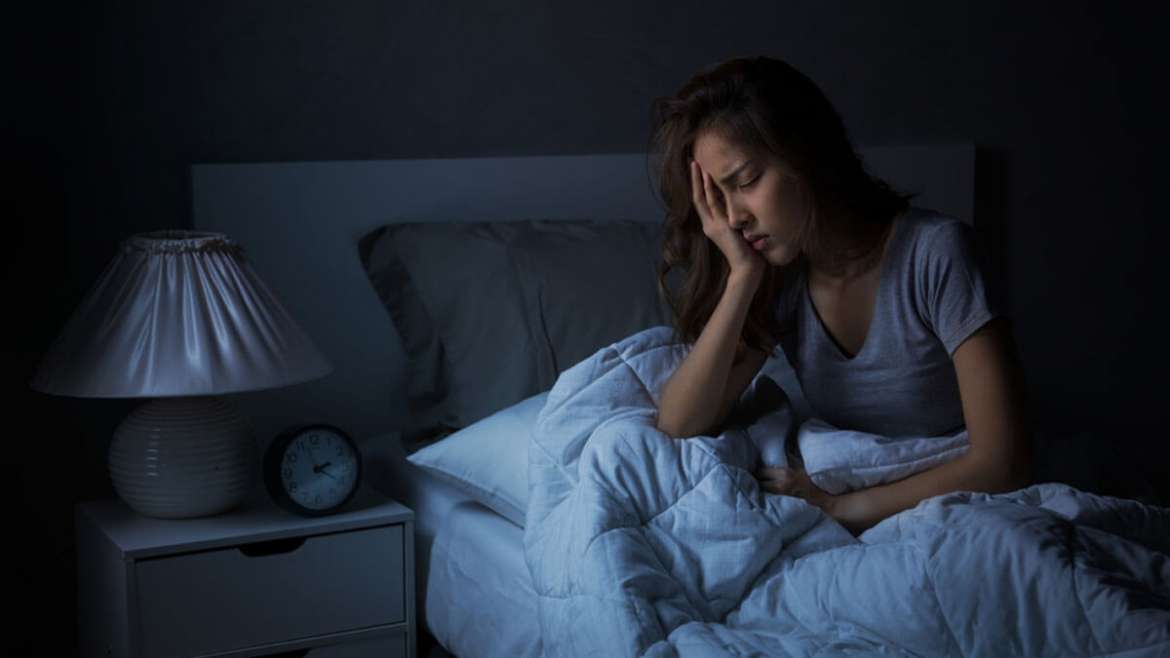Getting sleep after a hard day’s work is all we aspire for. While we sleep we get rested, our body gets the time to recover, and the brain also gets relaxed not having to think for a while. The result? We end up waking refreshed and recharged, ready to tackle another day. But, what if somehow you aren’t getting the sleep you need? You feel angry and irritated and cannot seem to concentrate on anything no matter how hard you try. Usually, this just means that work pressure or some temporary stress hampers your sleep. However, if this continues regularly, you might be suffering from insomnia or a chronic lack of sleep. Now, this doesn’t mean that anyone who is unable to sleep has insomnia, so continue reading to find out more about what it is, how it manifests, and what can be done to manage it.
Why is sleep necessary?
Before going to insomnia, it is important to know why is sleep so necessary. While the basic need is stated above, it becomes imperative to know about it from a scientific point of view. Sleeping, in general, is known as the body’s restorative time. During the time a person sleeps, the different organs and systems of the bodywork to relax and ready the body for peak performance the next day. The different systems affected by sleep are:
- Brain: sleeping permits the neurons to efficiently reorganize and remove waste products generated, while also improving memory function by removing unnecessary information which may clutter the brain.
- Immune system: good sleep is directly correlated with increased production of anti-inflammatory cytokines and antibodies.
- Emotional health: sleep helps the person make controlled emotional decisions.
- Weight: sleep reduces the levels of ghrelin, causing less hunger and helping in maintaining the metabolic rate of the body.
- Restoration of muscles, nerves, protein synthesis and tissue growth have been shown to increase during sleep.
What is insomnia?
While good sleep is important for all the aforementioned reasons, often it happens that people are not able to sleep properly, or have difficulty going back to sleep if they wake up even once. Such a condition, if occurring constantly, is termed insomnia. According to a study by the National Institute of Mental Health and Neurosciences, Bangalore, around 9-10% of the Indian population suffers from chronic insomnia, with 30% having experienced acute insomnia sometime or the other in their life
Insomnia can either be acute, spanning for a few days, due to some work-related or emotional turmoil or chronic, if it occurs at least thrice a week for more than 3 months. Acute insomnia does resolve on its own, with a few days of increased sleep to regulate the sleep pattern, while chronic insomnia does need medical intervention.
What are the causes, symptoms and effects of insomnia?
Anything that can cause a lack of sleep can be termed as a cause of insomnia. Some of the most common causes include:
- Emotional stress
- Anxiety
- Depression
- Cancer
- Hormonal fluctuations
- Medicine-induced sleep loss
- Neurological disorders.
- Advanced age
Symptoms which are commonly associated with insomnia are often seen as:
- Impaired sleep cycle
- Not feeling well rested after sufficient sleep
- Constantly waking up in the middle of the night
- Difficulty going back to sleep
- Sleepiness during the day
- Daytime tiredness and irritability
As sleep is needed for the restorative function of the body, insomnia disrupts the entire process leading to increased blood pressure and risk of cardiovascular disease, constant fatigue, cognitive impairment, mental health disorders and decreased reaction time, coupled with an inability to take well-informed decisions affecting performance.
Any medical interventions for insomnia?
While doctors recommend behavioral and lifestyle changes as the primary treatment for insomnia, for the short term, sleeping pills can help in sleep, but are not recommended for long-term use as they may cause habit forming. Other than this, cognitive behavioral therapy for insomnia(CBT-I) helps in identifying thoughts and behaviors which may be triggering insomnia. Certain antidepressants are also helpful in insomnia, especially the ones which target norepinephrine, a neurotransmitter involved in the wake-up process of the body.
We Care Clinic is your one-stop destination if you are having sleep issues. Dr Satya Ranjan is a competent sleep specialist in Delhi NCR. Book your appointment today!
Reach out to us at:
House No. 60P, In Front of Ardee School, Ardee City, sec-52, Gurugram, Harayana
info@mycaregurgaon.com
+91-1243505858, +91-9871079769, +91-8447375725, +91-9717094354
